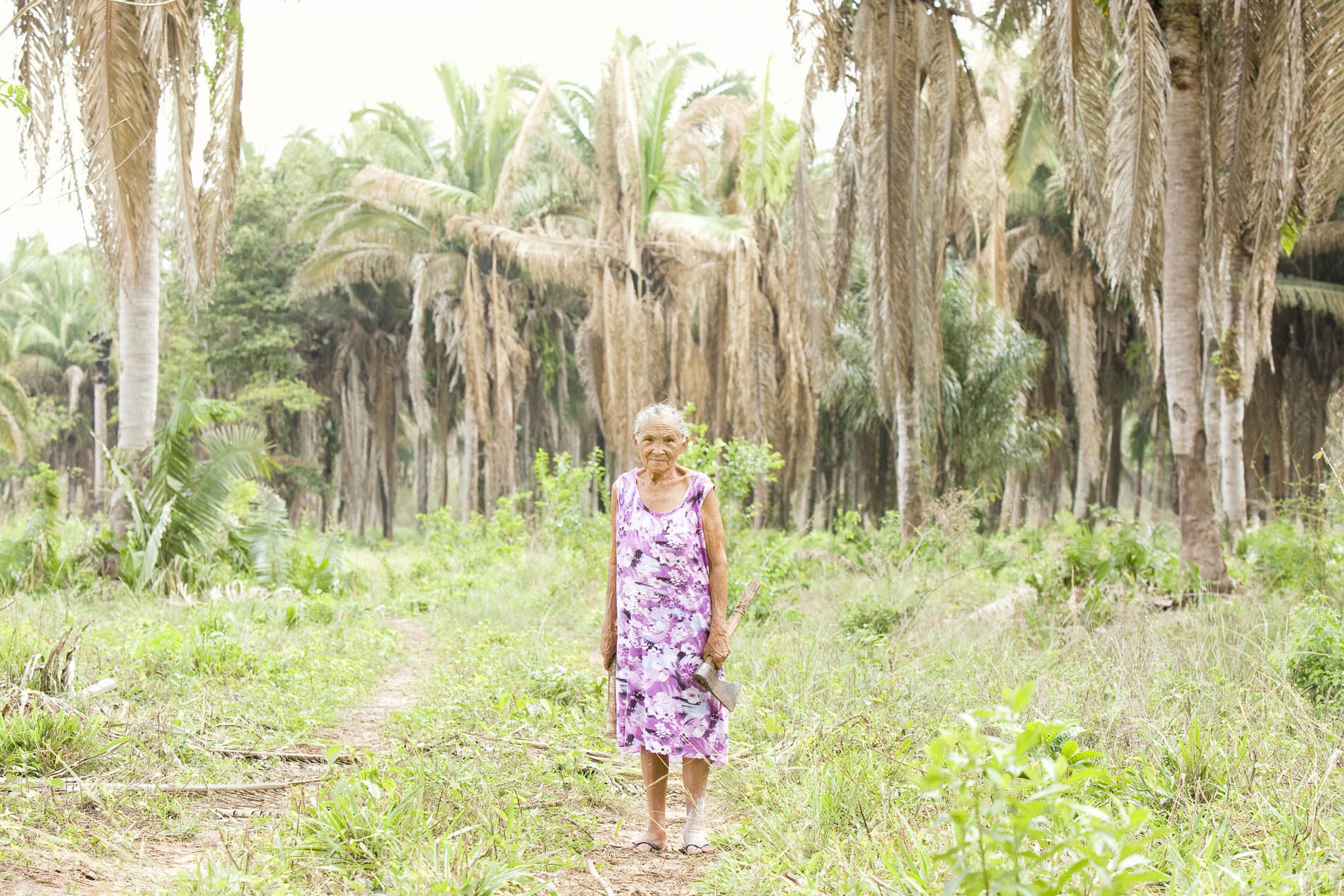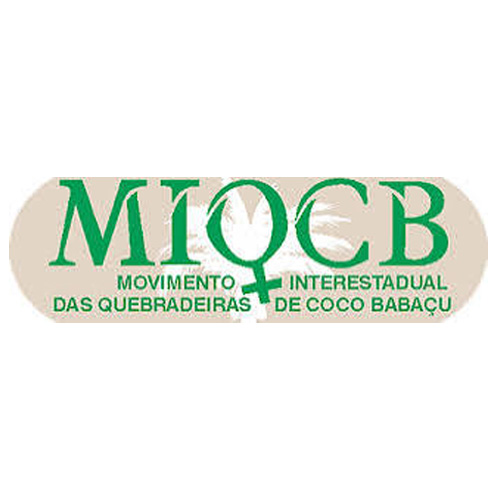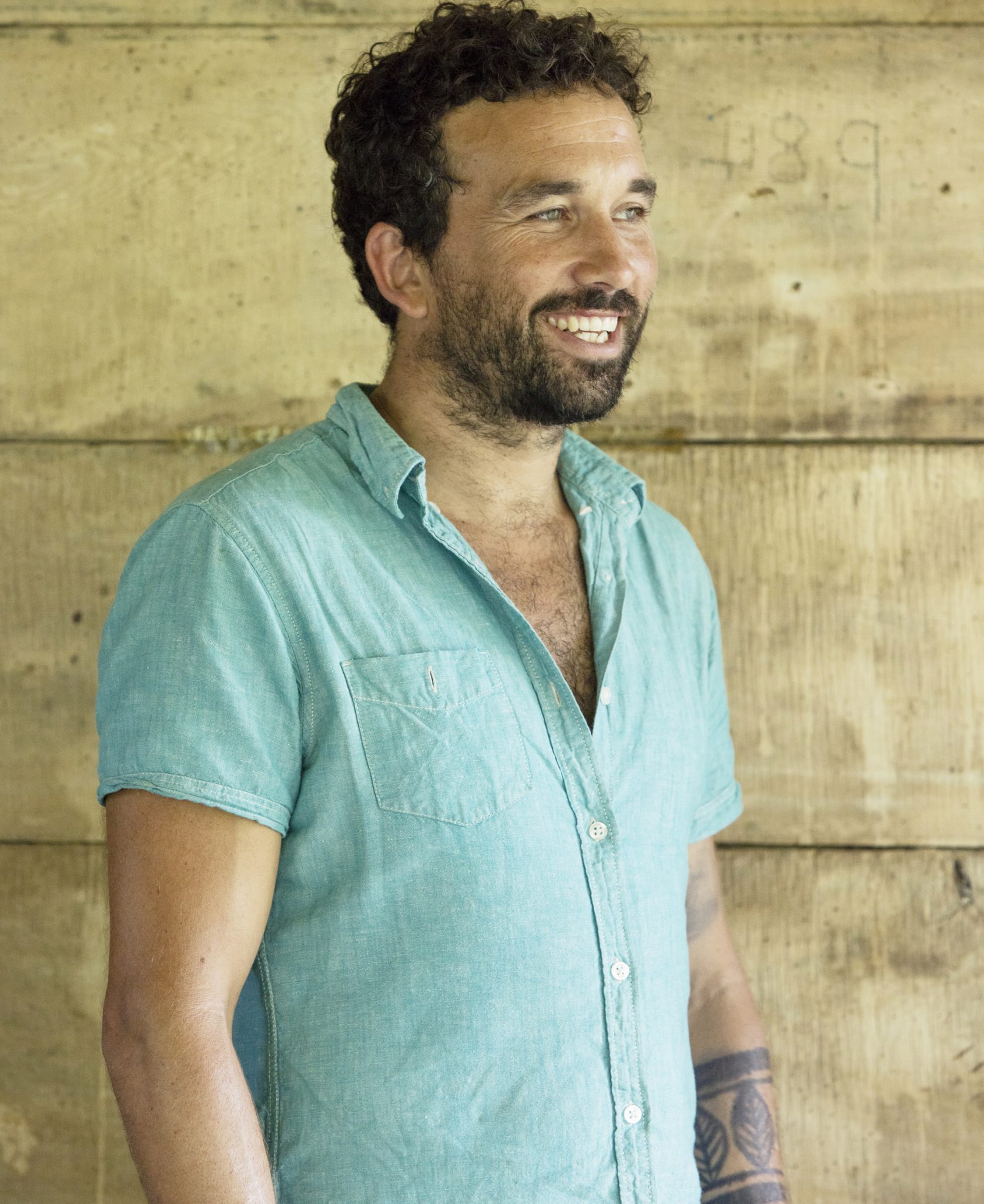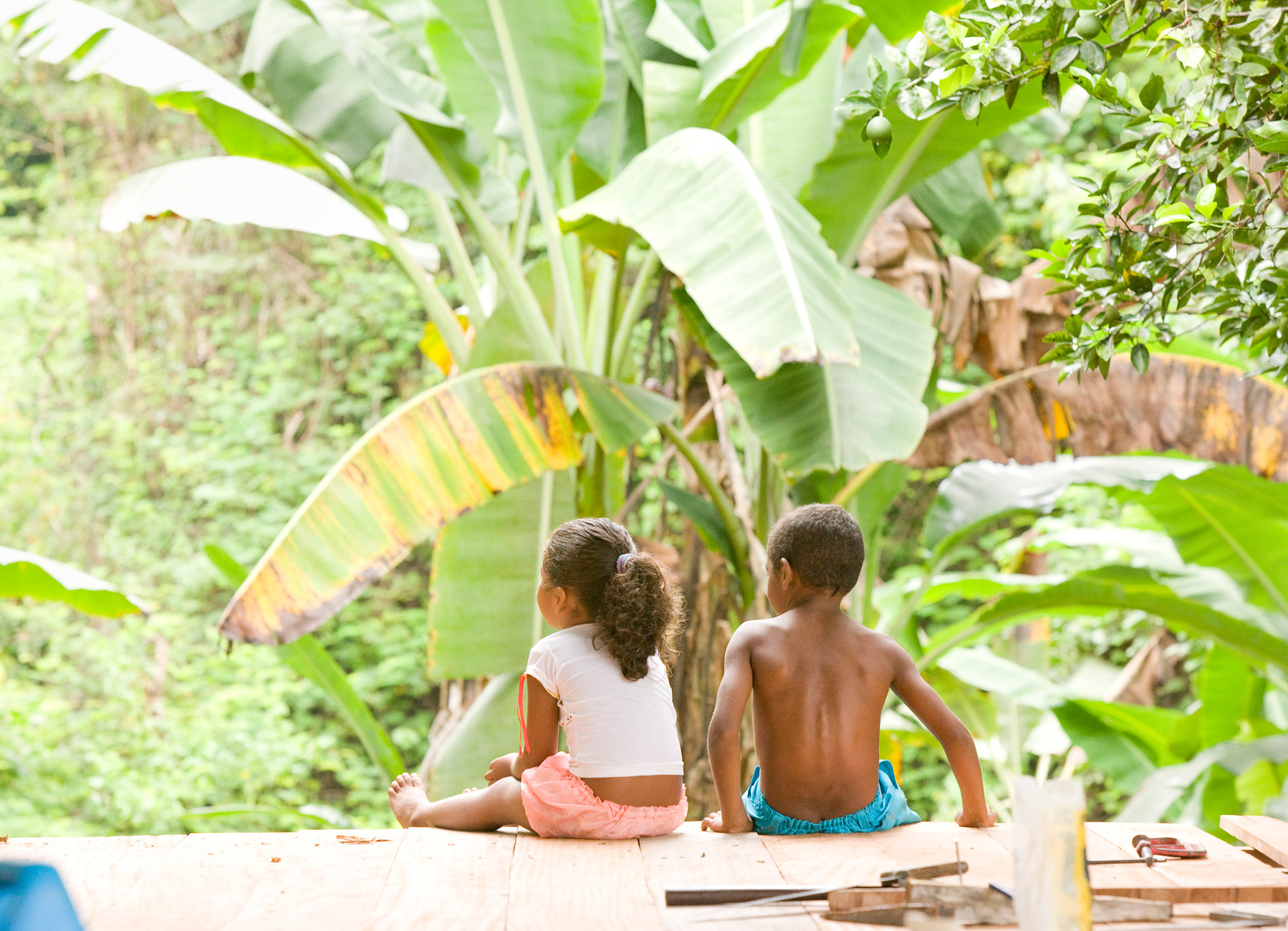Brazil's Warrior Women
Movimiento de mujeres por acceso al aceite de Babasú
Lanzamiento
September 2014
Tags
- Activism
- Brazil
- Brazil
- Ethical Consumption
- Sustainable Agriculture
- Women’s Rights
The humble babassu palm provides a livelihood for communities of women across North Eastern Brazil. Bread, charcoal, oil and soap are produced from the nut and husk; the surplus is sold on. But production has not always been so peaceful. Babassu: Brazil’s Warrior Women tells the story of the hard battle to maintain these communities’ way of life. In the face of intimidation and threats from farmers for years, Babassu women have negotiated their own terms; creating a grassroots movement and establishing the ‘Free Babassu Law’ in seven states. The law gives landless coconut gatherers rights to collect from palm groves. These inspiring women are now able to plan for the long-term, diversifying their business and securing their future. They fight for their families, their forests and the Amazon as a whole.
-
Profile
Maria de Jesus Ferreira Bringelo, ‘Dona Tije’, mujer babasú, miembro de MIQCB, Estado de Marañón, Brasil.
View profile
-
Profile
Quebradeira de coco babaçu, membro do Movimento Interestadual das Quebradeiras de Coco Babaçu (MIQCB), estado do Tocantins, Brasil.
View profile
-
Profile
Mujer babasú, miembro del MIQCB, estado de Tocantins, Brasil.
View profile
-
Profile
The Interstate Movement of Babassu breakers is a social movement that brings together the babassu coconut breakers. Joining forces over...
View profile
-
Profile
Formed in 2006, by Paul Redman (director & camera) and Tim Lewis (producer & sound), Handcrafted Films have worked in many diff...y.
View profile
-
Profile
Ganador de varios premios, Paul Redman es un director de documentales cuya obra se ha centrado en la dirección, grabación y edición ...).
View profile
-
Profile
Productor, técnico de sonido, editor de vídeo, fotógrafo y escritor. Tim Lewis es productor de documentales para varias organizacion...
View profile
-
Profile
Joel Redman ha ganado varios premios como fotógrafo y ha realizado trabajos y exposiciones a nivel internacional. Su obra ha sido publ...
View profile
-
Film
Brazil’s African slave descendants, the Quilombola, have fought a long and hard struggle for recognition. After the abolition of the slave trade they were left abandoned and ostracised, devoid of rights and outside of Brazilian mainstream society. But things are slowly changing amongst rural communities. In the 1988 constitution Brazil’s Quilombola were granted access to […]
Watch film





